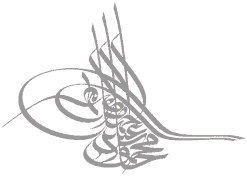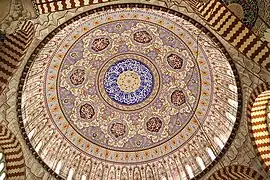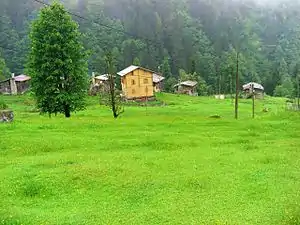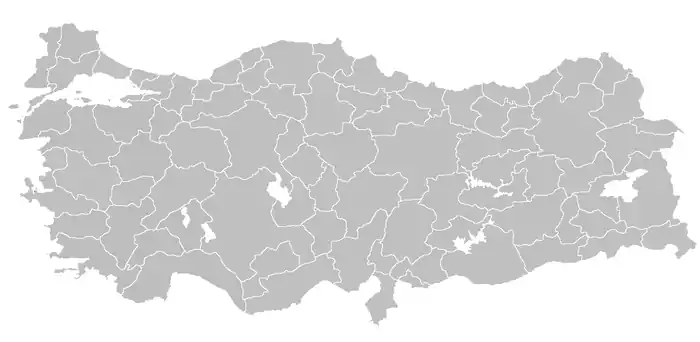Merhaba! Welcome to the Turkey portal
 Flag of Turkey | |
.svg.png.webp) | |
Turkey, officially the Republic of Türkiye (Turkish: Türkiye Cumhuriyeti [ˈtyɾcije dʒumˈhuːɾijeti] ⓘ), is a country located at the juncture of Southeast Europe and West Asia. It is mainly on the Anatolian Peninsula in West Asia, with a small portion called East Thrace on the Balkan Peninsula in Southeast Europe. It borders the Black Sea to the north; Georgia to the northeast; Armenia, Azerbaijan, and Iran to the east; Iraq to the southeast; Syria and the Mediterranean Sea to the south; the Aegean Sea to the west; and Greece and Bulgaria to the northwest. Cyprus is off the south coast. Most of the country's citizens are ethnic Turks, while Kurds are the largest ethnic minority. Ankara is Turkey's capital and second-largest city, while Istanbul is its largest city and economic and financial centre.
One of the world's earliest permanently settled regions, present-day Turkey is home to important Neolithic sites like Göbekli Tepe and was inhabited by ancient civilizations including the Hattians, Hittites, Anatolian peoples, Greeks, Assyrians, and Persians. Following the conquests of Alexander the Great which started the Hellenistic period, most of the ancient Anatolian regions were culturally Hellenized, and this continued during the Byzantine era. The Seljuk Turks began migrating to Anatolia in the 11th century, which started the Turkification process. The Seljuk Sultanate of Rum ruled Anatolia until the Mongol invasion in 1243, when it disintegrated into small Turkish principalities. Beginning in the late 13th century, the Ottomans united the principalities and conquered the Balkans. After Mehmed II conquered Constantinople (now Istanbul) in 1453, Ottoman expansion continued under Selim I. During the reign of Suleiman the Magnificent, the Ottoman Empire became a global power.
From the late 18th century onwards, the empire's power and territory declined. Mahmud II started a period of modernization in the early 19th century. The Young Turk Revolution of 1908 restricted the authority of the sultan and restored the Ottoman Parliament. The Three Pashas took control with the 1913 coup d'état, and the Ottoman Empire entered World War I as one of the Central Powers in 1914. During the war, the Ottoman government committed genocides against its Armenian, Greek and Assyrian subjects. After its defeat in the war, the Ottoman Empire was partitioned. The Turkish War of Independence against the occupying Allied Powers resulted in the abolition of the sultanate on 1 November 1922, the signing of the Treaty of Lausanne on 24 July 1923 and the proclamation of a republic on 29 October 1923, modelled on the reforms initiated by the country's first president, Mustafa Kemal Atatürk.
Turkey is a regional power with a geopolitically significant strategic location. The economy of Turkey, which is a founding member of the OECD and G20, is classified among the E7, EAGLEs and NICs, and currently ranks 17th-largest in the world by nominal GDP and 11th-largest by PPP. Turkey is a charter member of the United Nations, the IMF and the World Bank; a founding member of the OSCE, OIC, BSEC, ECO, MIKTA, TURKSOY and OTS; and an early member of NATO. After becoming one of the early members of the Council of Europe in 1950, Turkey became an associate member of the EEC in 1963, joined the EU Customs Union in 1995, and started accession negotiations with the European Union in 2005. Turkey is home to 21 UNESCO World Heritage Sites and is the fourth most visited country in the world. (Full article...)
Selected article -
Surb Karapet Monastery of Mush (Armenian: Մշո Սուրբ Կարապետ վանք, Msho Surb Karapet vank, also known by other names) was an Armenian Apostolic monastery in the historic province of Taron, about 30 km (19 mi) northwest of Mush (Muş), in present-day eastern Turkey.
Surb Karapet translates to "Holy Precursor" and refers to John the Baptist, whose remains are believed to have been stored at the site by Gregory the Illuminator in the early fourth century. The monastery subsequently served as a stronghold of the Mamikonians—the princely house of Taron, who claimed to be the holy warriors of John the Baptist, their patron saint. It was expanded and renovated many times in later centuries. By the 20th century, it was a large fort-like enclosure with four chapels. (Full article...)General images
Did you know -
- ... that Baghdad Street in Istanbul was named by Murad IV to commemorate his conquest of Mesopotamia? (January 12, 2007) Wikipedia:Recent additions 116
- ... that the modern border between Iran and Iraq dates back to the Treaty of Zuhab, which concluded the Ottoman–Safavid War of 1623–1639? (November 29, 2008) Wikipedia:Recent additions 235
- ... that modern nursing was founded by Florence Nightingale at the Selimiye Barracks in Istanbul, Turkey during the Crimean War (1854-1856)? (May 22, 2007) Wikipedia:Recent additions 142
- ... that Morocco–Turkey relations started as early as the 16th century, with the expansion of the Ottoman Empire into Northern Africa? (October 26, 2010)
- ... that Levantine architect of French descent Raymond Charles Père (1854-1929), who designed the landmark of Izmir (pictured) in Turkey, was a native of Izmir? (February 18, 2009) Wikipedia:Recent additions 241
- ... that the construction of the Deliktaş Tunnel, Turkey's longest railway tunnel, lasted almost four decades? (April 18, 2014)
- ... that Hasan Saltık, called "The Anthropologist of Folk Music" by Time magazine, was saved from a three-year jail term because the prosecutor was a fan? (August 31, 2007) Wikipedia:Recent additions 166
Selected picture
Selected biography -
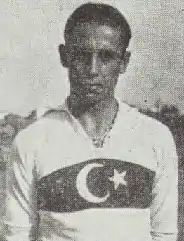
Said Altınordu (born Said Bey, 24 July 1912 – 17 November 1978), alternatively spelled Sait Altınordu, was a Turkish international footballer. Being a notable one-club man, Altınordu remains one of the most symbolic footballers of the Turkish city of İzmir, along with Vahap Özaltay of Altay S.K. and Fuat Göztepe of Göztepe S.K. His identification with Altınordu S.K. led him to choose the official name of the club as his surname, following the Surname Law of Turkey enacted in 1934.
Altınordu served Altınordu S.K. his entire career, earned 4 caps for Turkey national football team between 1932 and 1937. Winning 6 İzmir Football League titles at Altınordu S.K., he is widely accepted by Altınordu S.K. as the legendary player of the club. He was also part of Turkey's squad at the 1936 Summer Olympics. (Full article...)Selected video -
Selected quote -
| “ | A satiated man doesn't know what's hunger, a healthy man doesn't know what's disease. | ” |
Recognized content
Provinces
Topics
Categories
Related portals
Religions in Turkey
Neighbouring countries
Countries with related heritage
WikiProjects
- European Union WikiProject
- Ottoman military history WikiProject
- Greek and Turkish wikipedians cooperation board
- European history WikiProject
- Eastern Europe WikiProject · Caucasia WikiProject
- Balkan military history WikiProject
- Islam WikiProject
- Countries WikiProject · Western Asia WikiProject
- Ancient Near East WikiProject
- Geography WikiProject
Turkish wikipedia
 |
There is a Turkish version of Wikipedia, the free encyclopedia. |
Wikimedia
The following Wikimedia Foundation sister projects provide more on this subject:
-
 Commons
Commons
Free media repository -
 Wikibooks
Wikibooks
Free textbooks and manuals -
 Wikidata
Wikidata
Free knowledge base -
 Wikinews
Wikinews
Free-content news -
 Wikiquote
Wikiquote
Collection of quotations -
 Wikisource
Wikisource
Free-content library -
 Wikiversity
Wikiversity
Free learning tools -
 Wikivoyage
Wikivoyage
Free travel guide -
 Wiktionary
Wiktionary
Dictionary and thesaurus
-
 List of all portalsList of all portals
List of all portalsList of all portals -
 The arts portal
The arts portal -
 Biography portal
Biography portal -
 Current events portal
Current events portal -
 Geography portal
Geography portal -
 History portal
History portal -
 Mathematics portal
Mathematics portal -
 Science portal
Science portal -
 Society portal
Society portal -
 Technology portal
Technology portal -
 Random portalRandom portal
Random portalRandom portal -
 WikiProject PortalsWikiProject Portals
WikiProject PortalsWikiProject Portals

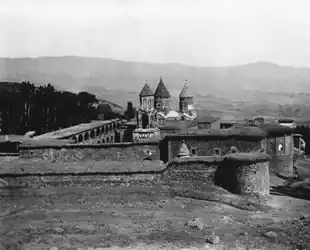
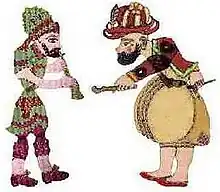
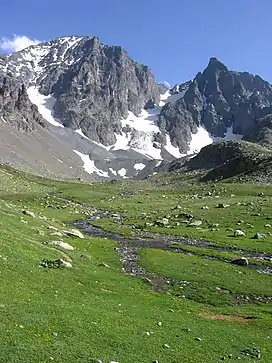


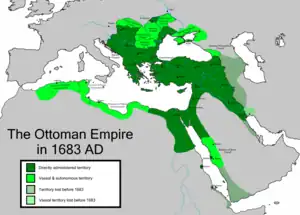

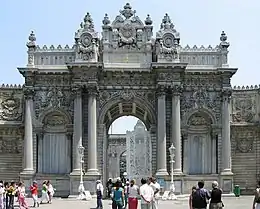
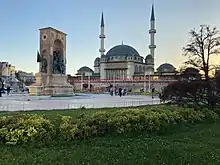
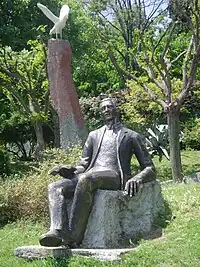
.jpg.webp)
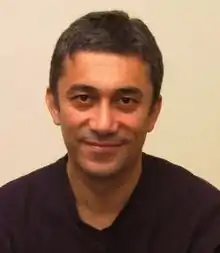

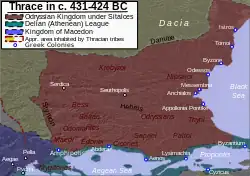

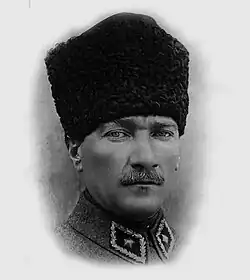
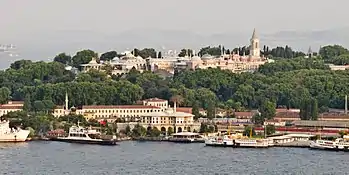
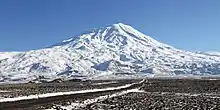
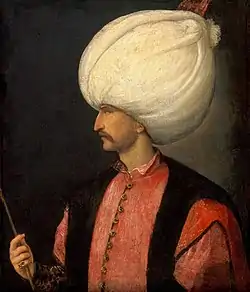
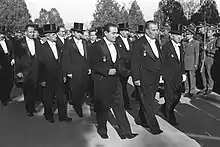

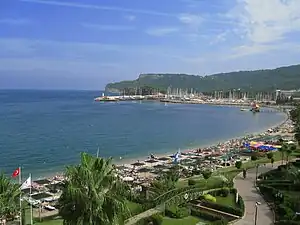
.jpg.webp)
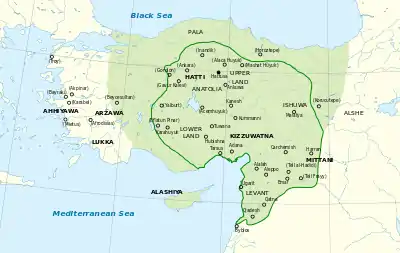

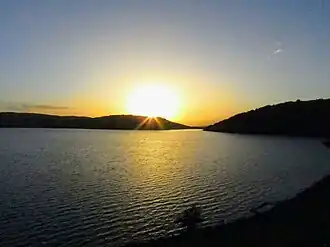
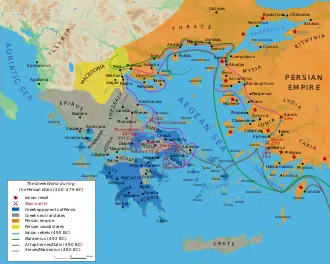

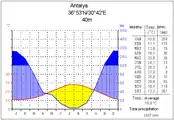

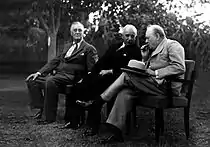
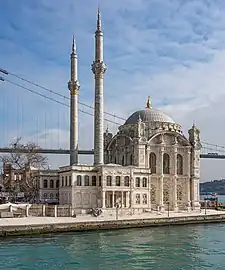
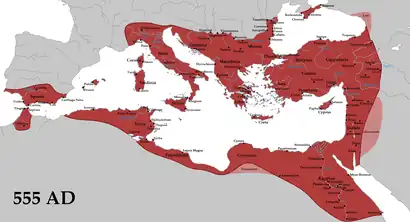
.jpg.webp)
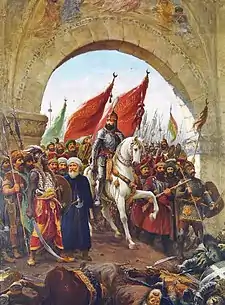

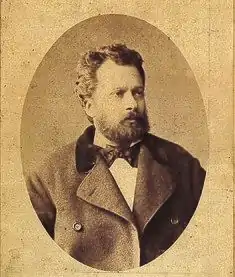
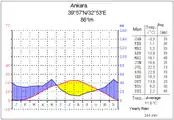
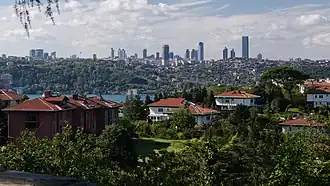


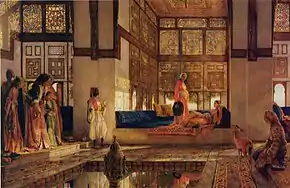
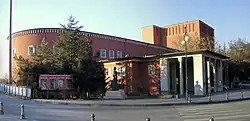
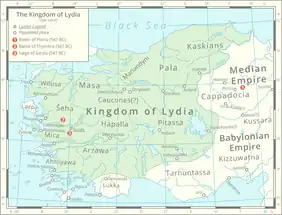
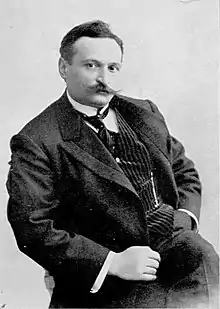
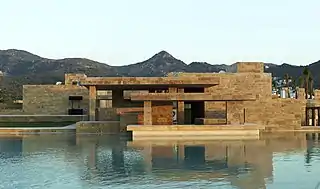
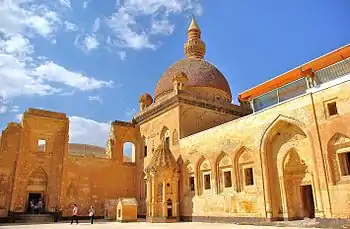


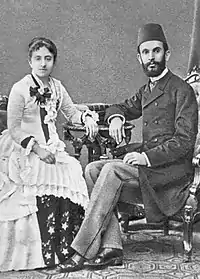
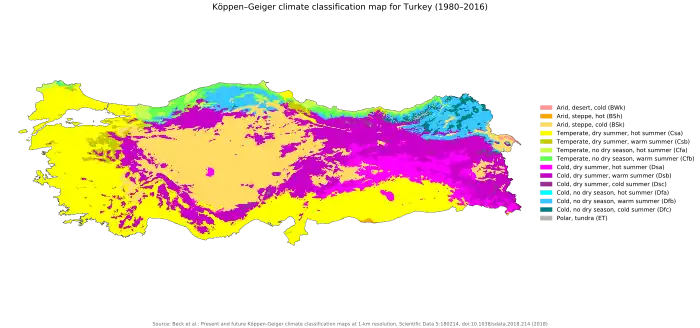
.jpg.webp)
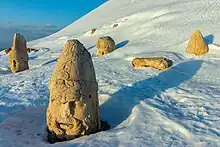
.jpg.webp)
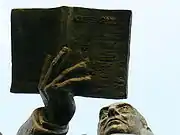
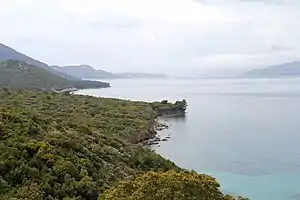

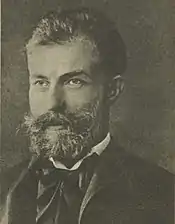
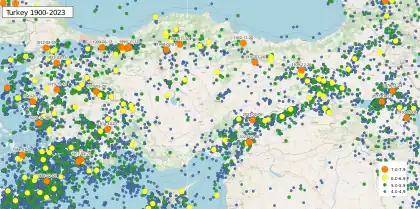
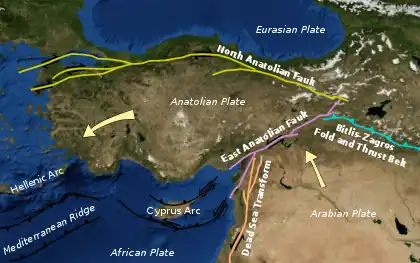
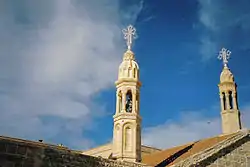
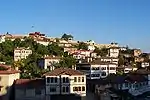
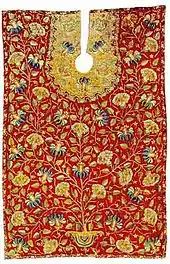


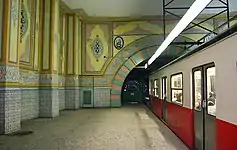

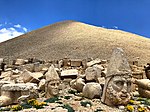
.jpg.webp)
